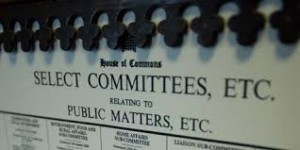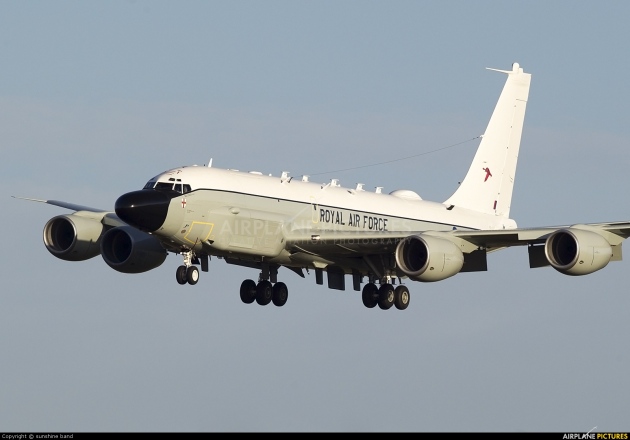Senior Responsible Owner
January 29, 2016 5 Comments
Senior Responsible Owner – what does that even mean and what does he or she do? Well, one of the key reasons that big, complex programmes can fail or at least, not achieve what they are supposed to, on time and budget is a lack of clear accountability. So in 2000, the UK adopted the SRO (sometimes also referred to as a programme executive) as the single point of accountability for public sector programmes: SROs of major UK projects are named here.
The SRO is ultimately responsible for the achievement of ‘benefits’ i.e. the thing doing what it’s supposed to in support of the bigger picture. As an RAF SRO I am expected to be publicly visible, an advocate for the programme and in a change to past military postings policy, stay in post for an extended period to see programmes through key stages.
I’m responsible for managing my stakeholders; informing and collaborating with them to make sure they deliver to me, I deliver to them and they work in support of my programmes. I ensure the programme is on track, keeping tabs on the myriad of inputs complex programmes can have. A good example for the RAF is our ‘capital programmes’ like the AIRSEEKER signals intelligence aircraft. It’s tempting to focus just on the 3 aircraft that the RAF is acquiring, but particularly for a capability like

Defence Lines of Development capture the ‘non-equipment’ factors
this, the aircraft is only a portion of what delivers the benefit. To do this, we have to have trained people, infrastructure support for operations and maintenance, a plan for how to use the capability (in military terms, this is out ‘doctrine’) and of course an information and communications backbone to gather, filter and transmit data to get it where it needs to be to inform decisions. The aircraft really is just the tip of the iceberg; recruiting, retaining and training the right people can often take longer and be harder than negotiating a contract to buy airplanes!
How do you know things are on course? Well the National Audit Office compiles an annual report of Defence’s largest programmes so it’s possible to track them. Also, the Major Projects Authority compiles an annual report. The most recent one shows that the UK has some 188 projects officially designated ‘major’ due to their cost and/or impact. These combined are worth £489Bn! AIRSEEKER is one of these Government Major Projects. In order to drive the kind of improvements identified in the MPA report a rigorous holding to account process is established; I may be summoned to give evidence to the Parliamentary  Accounts Committee about any of my Major Projects and I am required to undertake a third party ‘Gateway Review’ at frequent stages throughout the lifecycle.
Accounts Committee about any of my Major Projects and I am required to undertake a third party ‘Gateway Review’ at frequent stages throughout the lifecycle.
In order to make sure I can deliver both the programme and the information to enable the governance of it, I have a Programme Management Office here at RAF Air Command. With the help of other distributed staff, notably in the Defence Equipment & Support at Abbey  Wood, these people are the powerhouse of the programme. Together, we work on those things that put at risk any element of the programme, we manage the drumbeat of programme activities, co-ordinate publicity and stakeholder communications and of course, produce information for scrutiny.
Wood, these people are the powerhouse of the programme. Together, we work on those things that put at risk any element of the programme, we manage the drumbeat of programme activities, co-ordinate publicity and stakeholder communications and of course, produce information for scrutiny.
I hope this has given you an overview of what an SRO does but I would be happy to answer any questions through the comments section and please watch my Twitter account for some of the day-to-day SRO work that goes on in managing some of these programmes.

Recent Comments